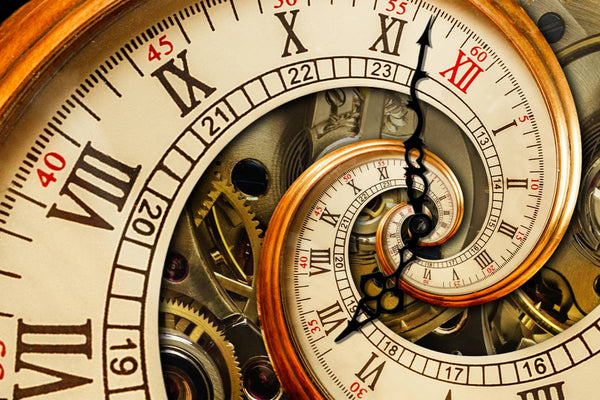Abraham Lincoln is one of the most famous presidents in the history of the United States.
having served as the 16th president from 1861 until his assassination in 1865. Although he is best known for his role in the American Civil War and the abolition of slavery, he is also famous for his love of pocket watches.
Lincoln was described as a very punctual man who had a great respect for time and believed that punctuality was an important virtue for people. His pocket watch was an essential part of his daily life, which he often carried with him and took great care of.
The pocket watch was a very precious item to Lincoln, who used it to keep time and enjoyed looking at it and turning it between his fingers. He was often seen taking out his pocket watch to check the time, even if someone else had already told him the time. For Lincoln, the pocket watch was more than just a tool for keeping time; it was a symbol of his dedication to punctuality and accuracy in everything he did.

In fact, Lincoln was so passionate about pocket watches that he had several in his personal collection
Each of them was carefully maintained and kept in a protective case. He also enjoyed giving pocket watches as gifts to friends and family, especially those he considered punctual and time-respecting.
Lincoln was also a great admirer of watchmaking in general and had developed a friendship with a local watchmaker named Samuel Curtis. Curtis regularly sent pocket watches to Lincoln for examination and his opinion on their quality and accuracy. Lincoln appreciated Curtis's watches so much that he eventually appointed him to a high-level position in the Navy Department during the Civil War.

In addition to his love for pocket watches
Lincoln had a passion for modern technology and new inventions. He loved steam engines, telegraphs, and steamships, and believed these revolutionary inventions would change the world.
Lincoln also used his love of pocket watches to illustrate points in his speeches and conversations. For example, during a debate with Senator Stephen Douglas in 1858, Lincoln used a pocket watch analogy to explain his views on slavery. He compared the United States Constitution to a pocket watch, explaining that if a pocket watch were broken, it would not be thrown away, but rather repaired. Similarly, he argued that if the Constitution was imperfect, it should be amended to make it better.
Unfortunately, Lincoln did not have the opportunity to enjoy his pocket watch collection.

